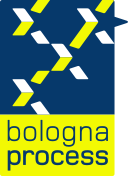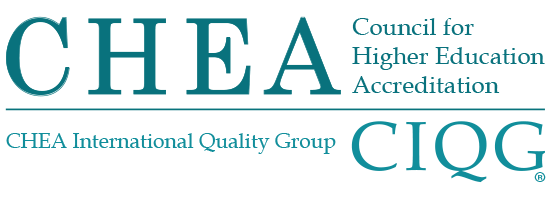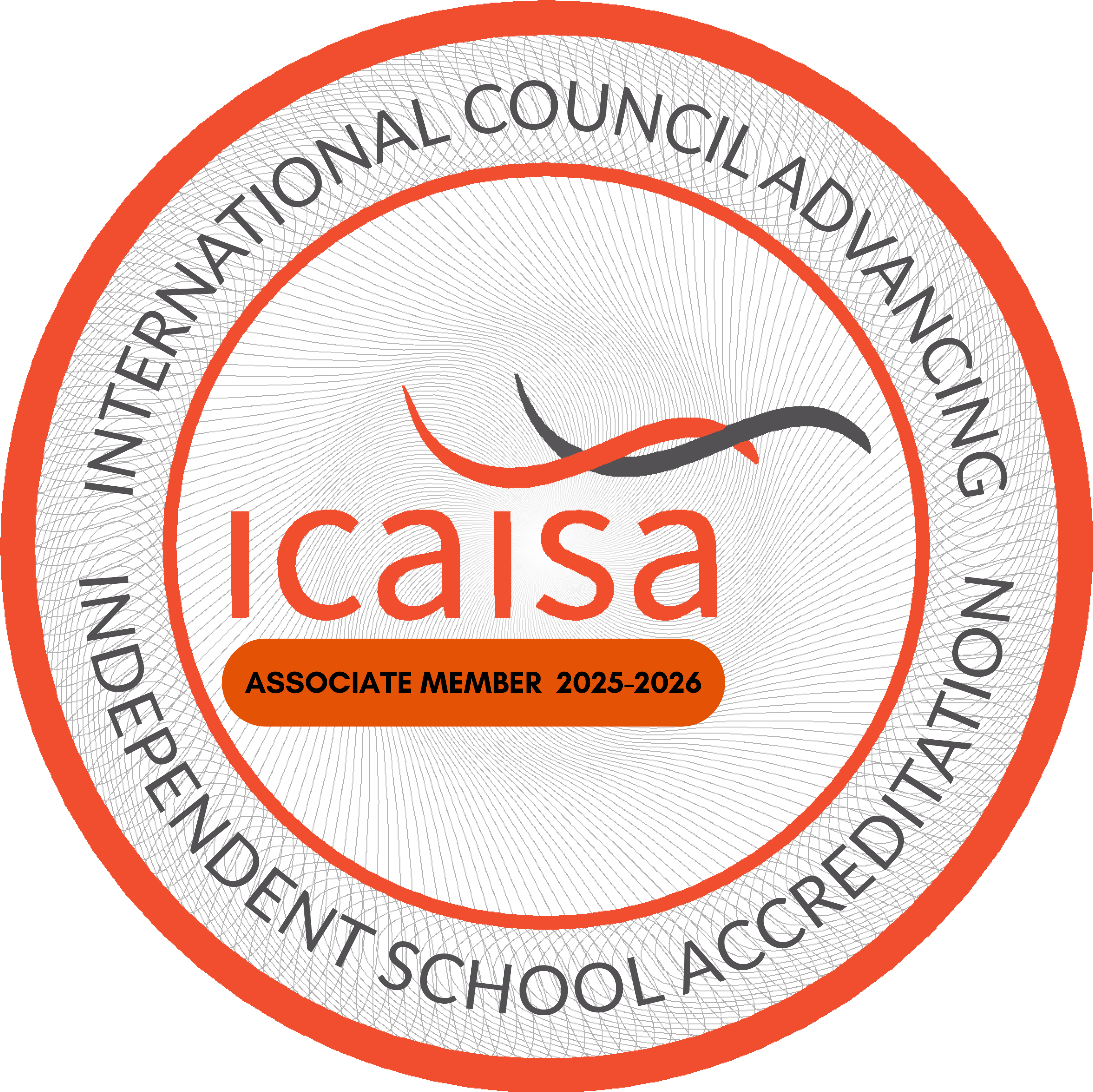THE BOLOGNA PROCESS

The Bologna Process is the process of forming a unified European system of higher education based on common principles of functioning.
The Bologna reforms are characterized by the terms "results-oriented" and "student-centered learning". At the same time, we are talking about understanding learning outcomes in a broad sense. They are intended to be an essential element of shifts in pedagogical practice, suggesting a link with ECTS, modularization, and institutional freedom.
A balance is needed between the three levels of the Bologna Process: the set goals at the European level, affecting governments, higher education institutions, and students; the central role of universities in the implementation of the process; the role of national strategies and legislation in connecting the first two levels and in facilitating the process in each country.
The Bologna Process is a means to protect and improve higher education and research in the European region, as well as to increase transparency and mobility. The Bologna Process recognizes the place of higher education in the public domain, pays special attention to quality, but argues that maintaining quality and improving it will require increased public investment in the system and in its personnel.
|
|
|
|
|






 Ministry of Science, Higher Education and Innovation of the Kyrgyz Republic
Ministry of Science, Higher Education and Innovation of the Kyrgyz Republic





